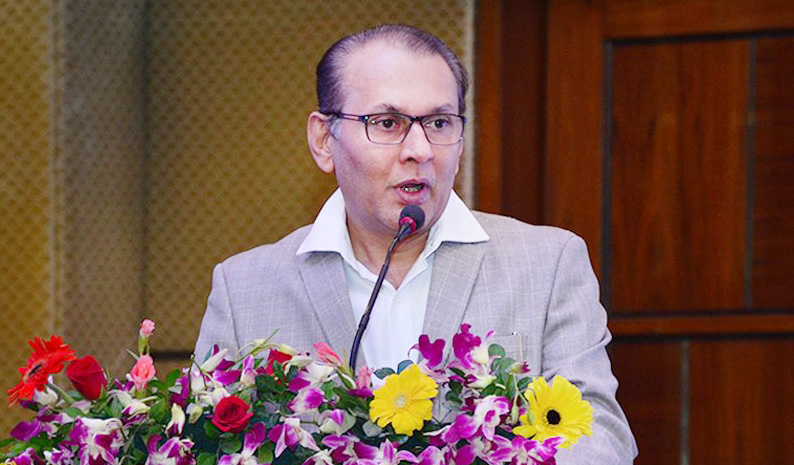The largest urban cooperative bank in the country Saraswat Co-op Bank has denied taking the bait offered by RBI in its recent move where it allowed conversion of urban co-op banks into Small Finance Banks.
‘At the business mix of Rs 60 thousand crore, thinking of converting into Small Finance Bank would be ludicrous”, said Saraswat Bank Chairman Gautam Thakur to Indian Cooperative. “Let others do it but sorry we are not interested”, he underlined.
Thakur, however, agreed that due to working within the co-operative framework he feels hemmed in many a time. “There are indeed several limitations on co-operative banking operations in the country but even then we have grown and grown to a Rs sixty thousand business level”, Thakur said underlining the inherent strength of his co-op organization.
Elaborating on the limitations Saraswat Bank Chairman said “we cannot give home loan of say more than Rs 70 lakh and there are several core businesses where co-op banking is denied a level playing field.”
But this does not mean that we would depart from a working structure and milieu in which we have been operating for 100 years, said Thakur. Readers would know that Saraswat Bank is currently celebrating its Centenary year with a catchy tag line”100 years young”.
Despite all the limitations existing in a cooperative milieu, there are some co-operative organizations which are doing a wonderful business, said Thakur quoting Amul, IFFCO and even Saraswat Bank. “I agree there are some bad co-operatives but so is the case with corporates, all of which cannot be called above board”, stressed the Chairman.
Extolling the virtues of Cooperative Principles Saraswat Bank Chairman felt that profit is important no doubt but what differentiates cooperative from corporate is while the former balances profit with social commitment, the latter has no such commitment. “We are proud of our cooperative connection”, added Thakur whose earlier statement-cooperative is in my DNA- had hogged the media headlines.
Besides, Thakur also felt that going into a private mode may not be a prudent move given the greed of corporate to acquire banking license, which is in short supply these days. “Anybody with deep pockets may pick up your share upsetting your ownership; it would be like being a sitting duck on a corporate chessboard.
It bears recall that the whole controversy erupted in the wake of the Reserve Bank of India accepting the recommendations of the R Gandhi committee on voluntary conversion of urban cooperative banks in its meeting recently. RBI’s MPC meeting decided to allow voluntary transition of UCBs meeting the prescribed criteria into Small Finance Banks.




